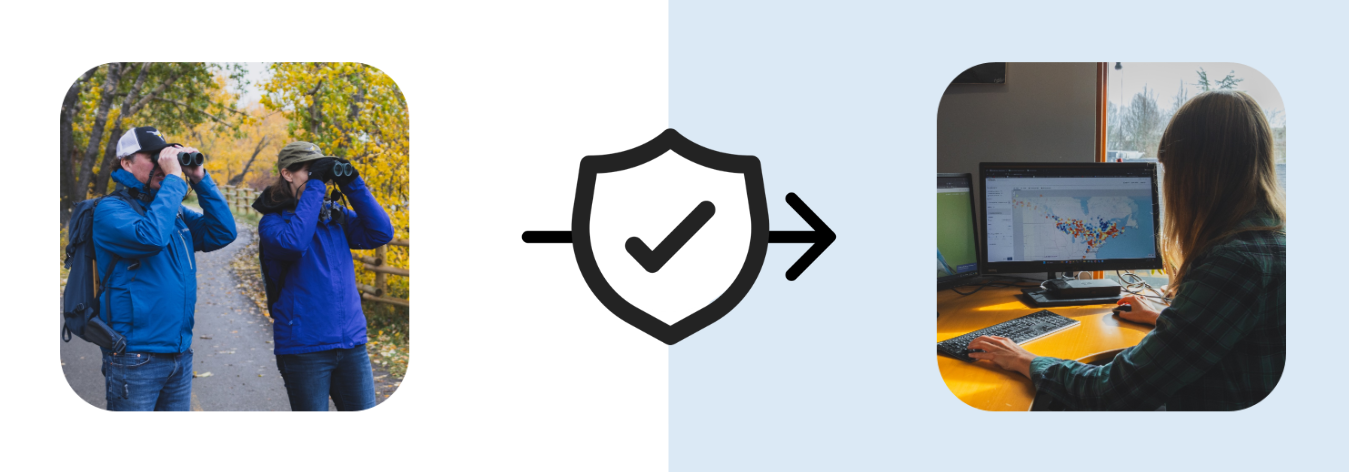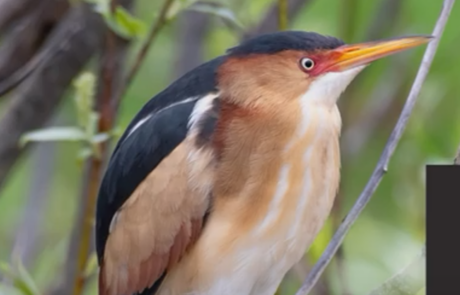At its heart, open data just means data which are available to everyone. The idea is simple, but as with so many things, it’s slightly more complicated in practice than in theory.
Open data is a movement that treats data as a shared resource, and one that should be used effectively and efficiently. For guidance on how to do this, we can turn to the FAIR Guiding Principles for Scientific Data Management and Stewardship, often just called the FAIR Principles. These principles state that open data should be:

- Findable – Very simply, the people who need the data should be able to find them. This includes making sure that metadata – the information that describes a dataset and tells a user where it comes from – is easy to find as well.
- Accessible – Once a user has located the data and metadata, they must be able to easily access them. This may mean that data are freely available or, if the user must meet some requirements to access the data, the requirements are easy to understand.
- Interoperable – Once the data are accessed, they need to be in a format that can be easily integrated with other data and work together in different workflows or analyses.
- Reusable – To maximize the use and value of the data, they should be in a format that allows users to access, understand, and use them over and over again. Like any resource, good data shouldn’t go to waste!
By following the FAIR Principles, we can ensure that the data in NatureCounts can be used to its maximum potential for conservation and research.
Finding the Right Balance
Abiding the FAIR Principles doesn’t mean that all data in NatureCounts can accessed without restrictions. NatureCounts handles data on sensitive species and species-at-risk, data collected on private or sensitive land, and data contributed by groups with concerns about data sovereignty. NatureCounts must weigh those concerns against the desire to provide truly open and accessible data.

That’s why all projects contributing to NatureCounts retain ownership of their data, and can control how their data are accessed. Some datasets are totally open with no restrictions, while others require the user to submit a request for approval. Sharing data while keeping species, habitats, and people safe is a delicate balance, and one we are always striving to achieve.
Next section: Platform Components













